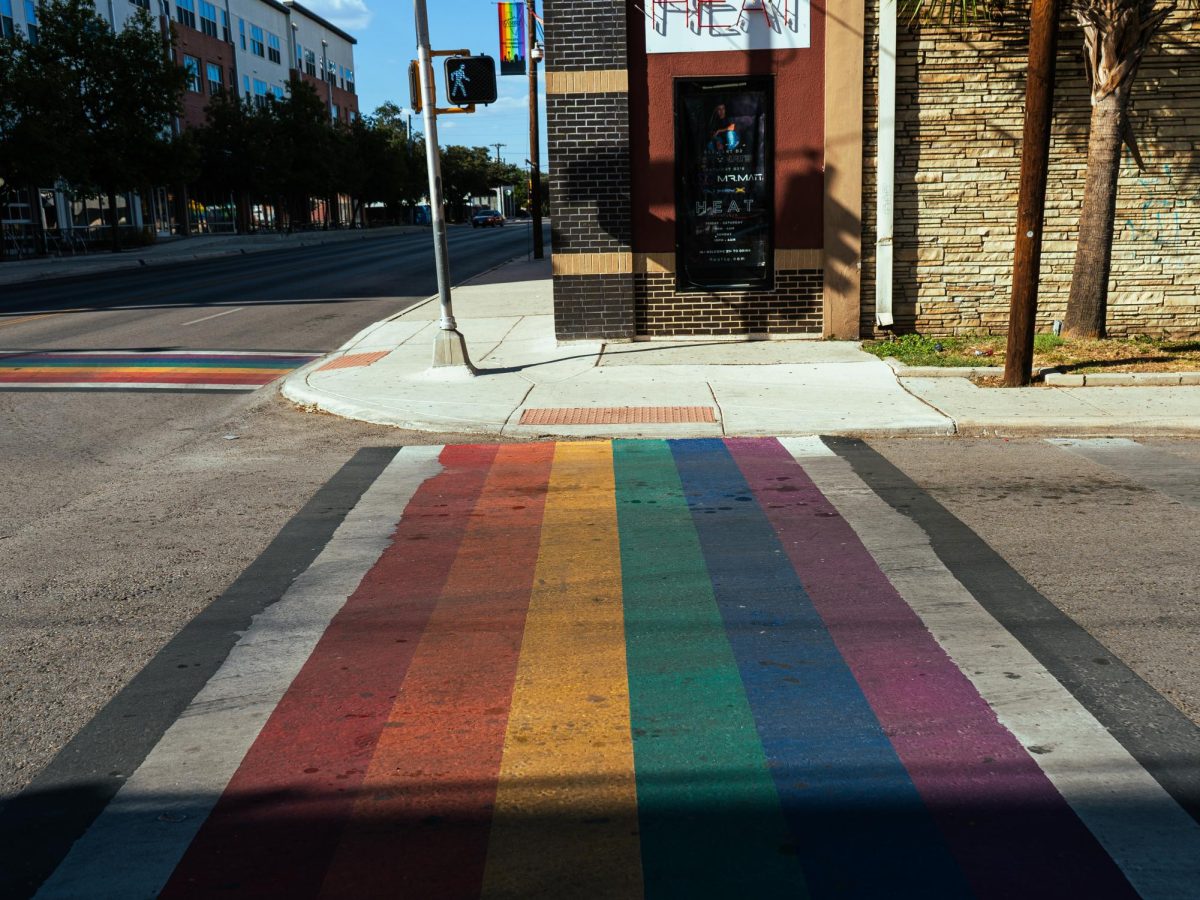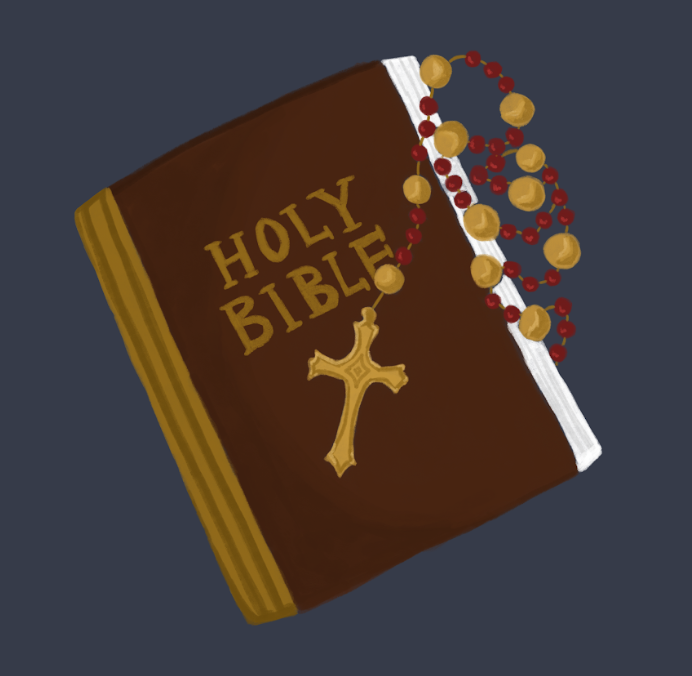Last Tuesday, United States District Judge David Hittner published a ruling stating that Texas Senate Bill (SB) 12, nicknamed the “Drag Ban,” is unconstitutional. According to Judge Hittner, the bill’s definition and methods to target and regulate “sexually oriented performances” imply content restriction, which would be in violation of the First Amendment right to freedom of speech.
SB 12 — passed on Sept. 1 — prohibits “a sexually oriented performance on public property in the presence of an individual younger than 18 years of age.” The bill explicitly targets any “male performer exhibiting as a female, or a female performer exhibiting as a male, who uses clothing, makeup, or other similar physical markers and who sings, lip syncs, dances, or otherwise performs before an audience.”
Commercial business owners hosting drag performances and anyone involved in the production and performance are also liable. Texans charged with this offense face up to $10,000 as a civil fine and a separate fine of up to $4,000 or up to a year in prison as the punishment for a Class A misdemeanor.
Several drag queens and organizations collaborated to challenge SB 12 to protect their right to communicate “messages of celebration, equality and acceptance.” The party of plaintiffs worried that under the broad language of SB 12, private venues visible to the public, such as patios, pride parades, the use of body props such as packers and breastplates in performances and other inadvertent showings in front of minors may be interpreted as “sexual gesticulations” and “imitating sexual acts” and could result in criminal and civil charges.
The defense of the Attorney General of Texas is that despite the allegation of content restriction, the state reserves the right to enforce SB 12 in the interest of protecting children from “prurient interest in sex.” The Attorney General states that “a neutral person of ordinary intelligence would not understand the message.” The state stands firm that SB 12 is purposely broad to protect children from other harmful, sexually-oriented performances that exist or may replace drag someday.
Judge Hittner maintains that the right to perform drag shows is in order under the protections of the First Amendment and that SB 12 is unconstitutionally overbroad, vague, and poses a risk of irreparable harm due to its restrictions of content. The ruling finds “it is evident drag shows express either pure entertainment or, like most types of expressive art, an underlying deeper message,” listing examples such as music or theater. It finds it within possibility that SB 12 could come to conclude activities like cheerleading could become a violation of SB 12.
Judge Hittner notes that if the state truly had the best interest of children independent of parents in mind, the bill would be more narrowly tailored and “would possibly include punishments for a parent who takes their child to a ‘sexual oriented performance.’”
Plaintiff Brigette Bandit, an Austin-based drag queen, stated after the release of the ruling: “I am relieved and grateful for the court’s ruling. My livelihood and community has seen enough hatred and harm from our elected officials. This decision is a much-needed reminder that queer Texans belong and we deserve to be heard by our lawmakers.”
Texas Senator Bryan Hughes condemned the ruling: “Surely we can agree that children should be protected from sexually explicit performances. That’s what [SB 12] is about. This is a common sense and completely constitutional law, and we look forward to defending it all the way to the Supreme Court if that’s what it takes.”
Several state representatives and senators shared Hughes’ sentiment and intend to appeal and escalate the ruling to the Supreme Court in the following months.











